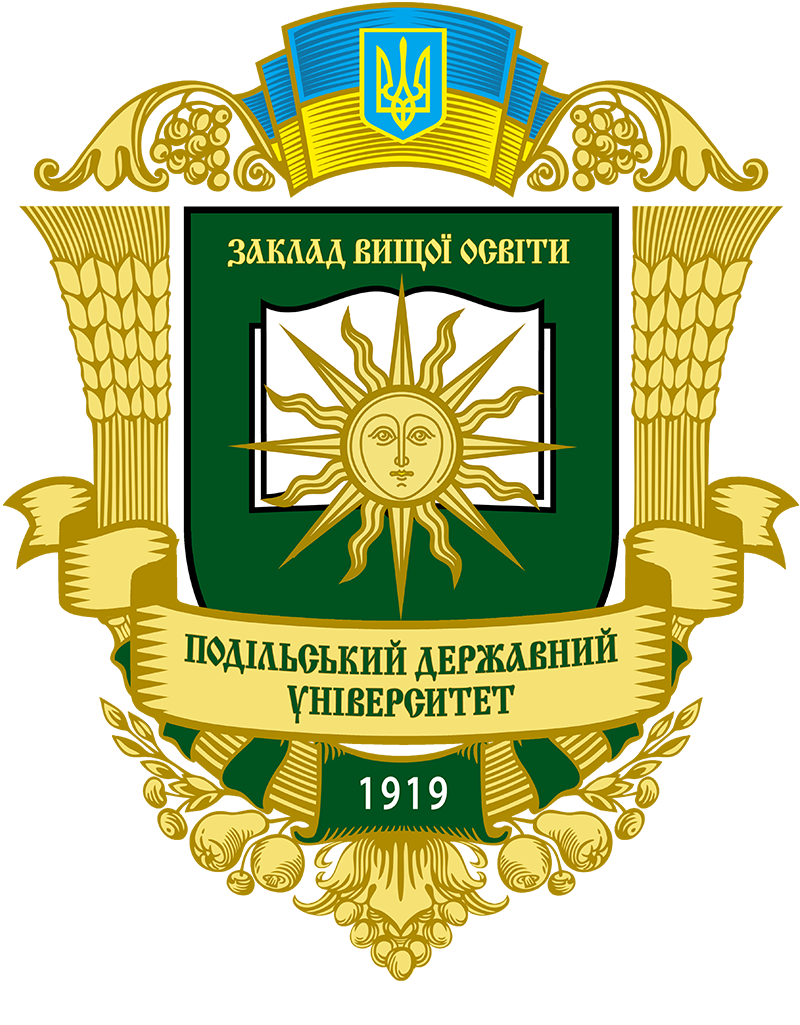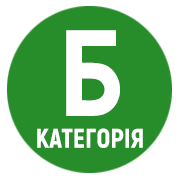ANALYSIS OF INTERNATIONAL LEGISLATION ON FOOD SAFETY
DOI:
https://doi.org/10.37406/2706-9052-2025-2.29Keywords:
international standards, food legislation, products, safety, private standardsAbstract
The results of the analysis of the effectiveness of the use of international legislative acts and private standards by food market operators to ensure the production of safe foodstuffs are presented. In order to regulate food production, their quality, assortment, rules of sale, measures for the prevention of food poisoning, prevention of falsification, etc., state bodies issue laws, regulations, standards and instructions, the totality of which is called food legislation. However, the intensification and globalization of modern food production and interstate trade relations made it necessary to create international food legislation in order to implement stringent food safety requirements. In view of this, the Alimentarius Code has been adopted, private standards for controlling food safety have been applied. It is established that the implementation of BRC standard allows: to provide, if necessary, all food safety confirmation; products will meet all safety and quality requirements; BRC certification provides tools for improving the product, changing quality of work, improving safety; Possibility to reduce the amount of waste in the production process. In Ukraine, the provisions of punishment for the production of dangerous and substandard foods market operators, in particular, the Code of Administrative Offenses (Verkhovna Rada, 1984, changes, Verkhovna Rada), will be applied. In Art.166²² “Breach of food safety requirements” states that failure to fulfill the obligation to introduce permanent procedures (GVP, GMP, GHP, GLP), which are based on the principles of hazardous factors analysis and control points (NAZR) minimum incomes of citizens. The introduction of improperly labeled food – entails a fine on officials from 38 to 53 non – taxable minimum incomes of citizens. Food market operators that care about the competitiveness of their enterprise in the markets of products and the production of safe foodstuffs, compliance with sanitary and hygienic requirements for production of products, undoubtedly comply with the requirements of international standards.
References
Боженко Л.І., Гутта О.Й. Управління якістю, основи стандартизації та сертифікації продукції. Львів : Афіша, 2001. 172 с.
Брулевич В.В. Безпечність харчових продуктів за законодавством України та Європейського Союзу. Судова апеляція. 2016. № 2. С. 75–83.
Вакуленко Н.О. Україна сьогодні і завтра: правові трансформації на шляху до ЄС. Україна сьогодні і завтра: правові трансформації на шляху до ЄС : матер. II Наук.-практ. студентсько-аспірантської наук. конф. / Львівський національний університет імені Івана Франка, 12 грудня 2023 р. Львів : Юридичний факультет Львівського національного університету імені Івана Франка, 2023. С. 10–14.
Заїнчковський І.А. Інноваційна діяльність підприємств харчової промисловості. Наукові праці Національного університету харчових технологій. Київ : НУХТ, 2004. Додаток до журналу № 15. С. 120.
Іванов С.В. Сучасний стан якості та безпечності харчових продуктів. Якість і безпека харчових продуктів : збірник тез Міжнар. наук.-техн. конф., 14–15 листопада 2013 р. Київ : Національний університет харчових технологій, 2013. С. 66–68.
Кричковська Л.В. Безпека харчових продуктів: антиаліментарні фактори, ксенобіотики, харчові добавки : навчальний посібник. Харків : НТУ «ХПІ», 2017. 98 с.
Приліпко Т.М. Аналіз методів експертизи якості, ідентифікації та виявлення фальсифікації харчових продуктів і сировини : монографія. Вінниця : ТВОРИ, 2023. 416 с.
Приліпко Т.М., Федорів В.М., Косташ В.Б. Розробка сучасних методів оцінки якості і безпеки сировини і харчових продуктів згідно зі стандартами і нормативами ЄС. Таврійський науковий вісник. Серія «Технічні науки. Харчові технології». 2022. № 1. С. 113–124.
Регламент (ЄС) № 178/2002 Європейського парламенту та Ради від 28 січня 2002 року про встановлення загальних принципів і вимог законодавства про харчові продукти, створення Європейського Агенства з питань безпечності харчових продуктів і встановлення процедур у питаннях, пов’язаних із безпечністю харчових продуктів (Загальний харчовий закон (GFL).
Регламент Комісії (ЄС) № 2073/2005 від 15 листопада 2005 року про мікробіологічні критерії для харчових продуктів.
Тимошенко В.С. Європейські вимоги до виробників молока та молочних продуктів : довідник / за заг. ред. А.В. Абрамова, В.Л. Іванова, Б.М. Куртяка, Р.П. Сімонова, І.В. Ємченко. Львів : ПП НТЦ Леонорм СТАНДАРТ, 2007. 220 с.
Bogatko N.M., Bukalova N.V., Sakhnyuk V.V., Zhmil V.I. Features of the implementation of the HACCP system at meat, milk and fish processing enterprises of Ukraine: Textbook. Bila Tserkva, 2016. 266 p.
Prylìpko T.M., Prylìpko I.V. Task and priorities of public policy of Ukraine in food safety industries and international normative legal bases of food safety. Proceedings of the International Academic Congress «European Research Area: Status, Problems and Prospects. Latvian Republic, Rīga, 01–02 September 2016. 2016. S. 85–89.
Prylipko T., Kostash V., Fedoriv V., Lishchuk S., Tkachuk V. Control and Identification of Food Products Under EC Regulations and Standards. International Journal of Agricultural Extension. 2021. Special Issue (02). Р. 83–91.











